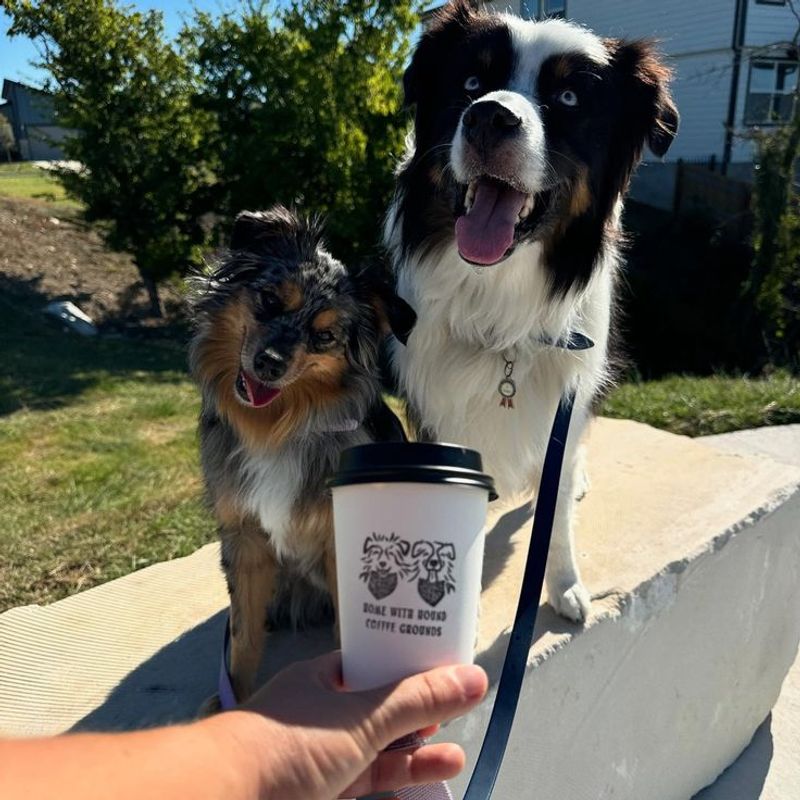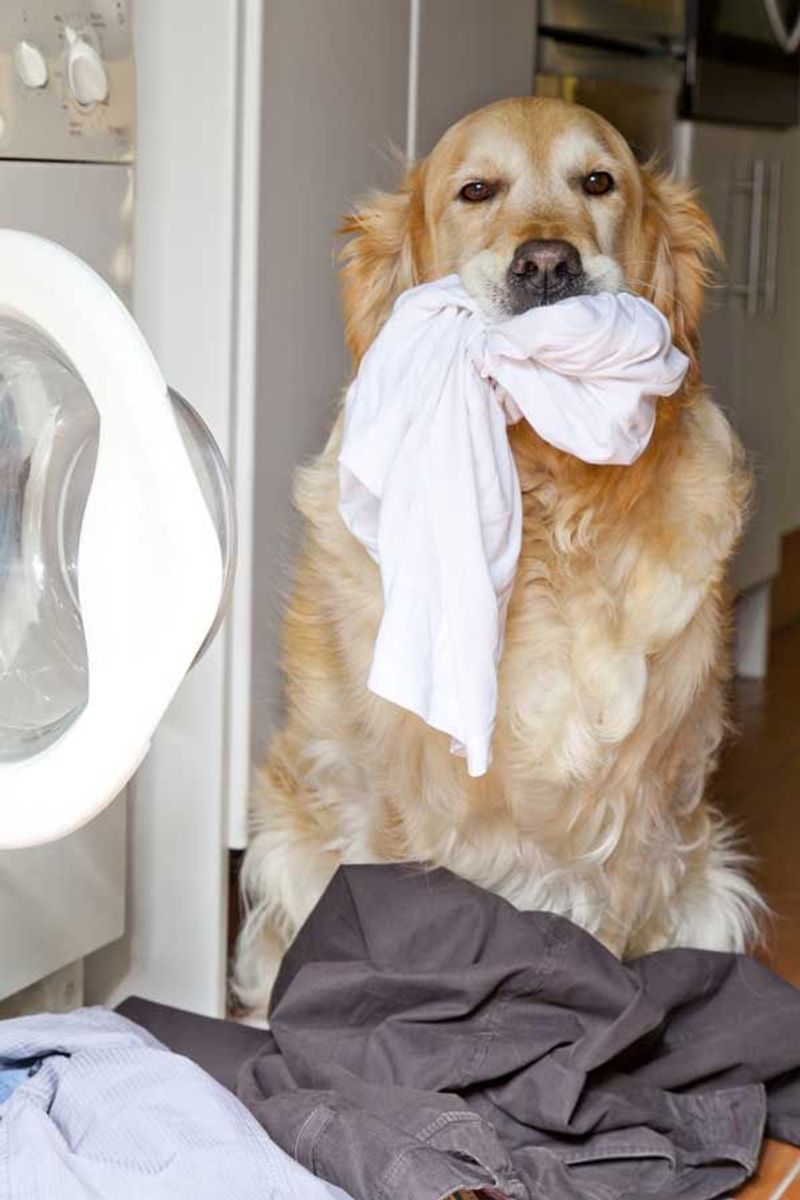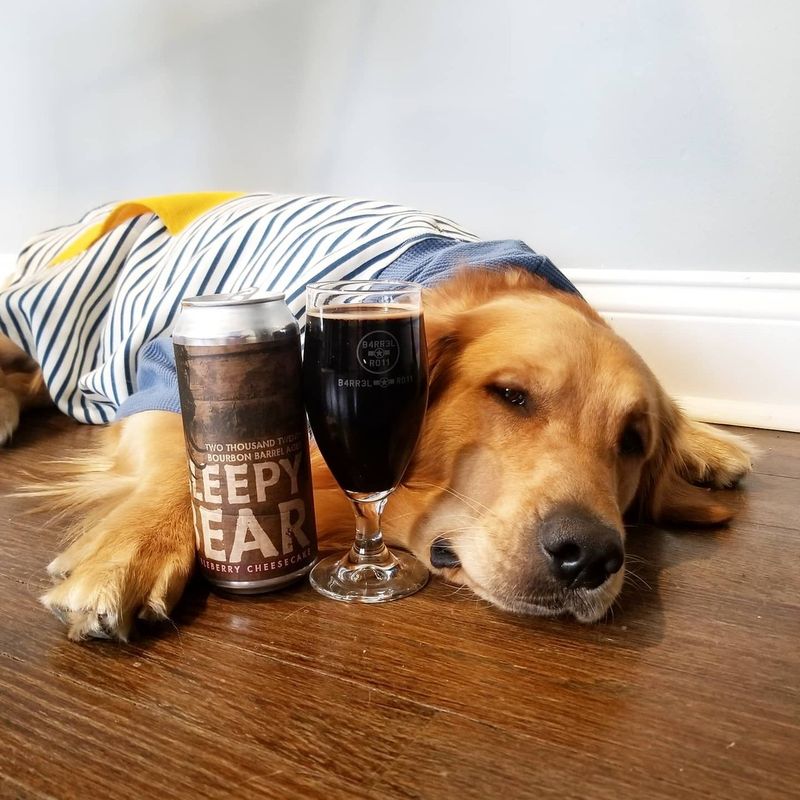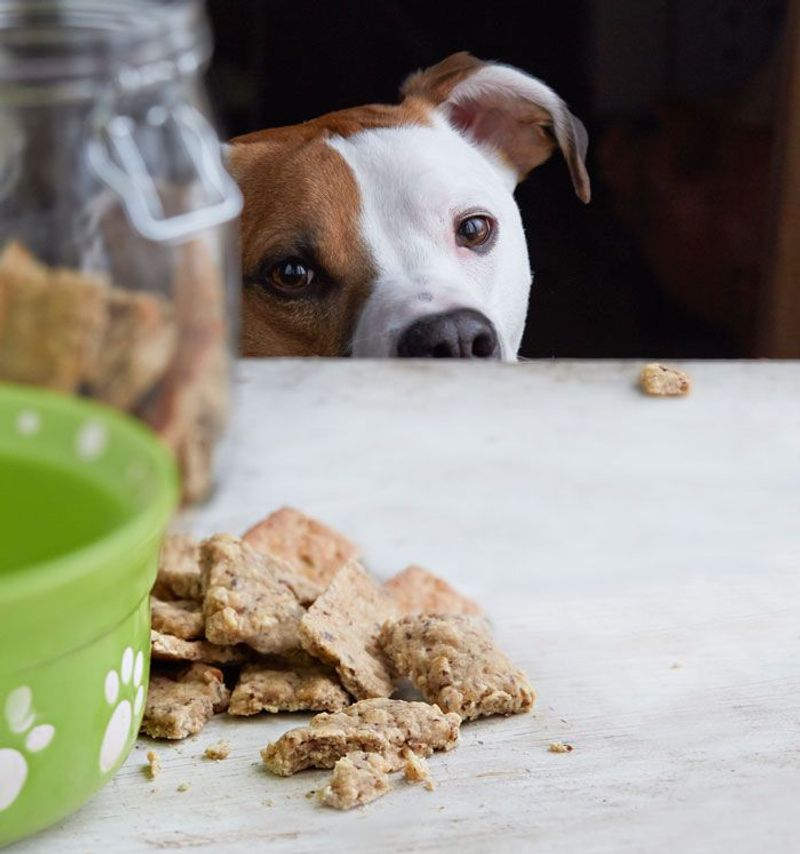Dogs rely heavily on their sense of smell, but not every scent is a welcome one. Some odors can really throw them off or even make them uncomfortable. It’s interesting to see how dogs react when they encounter smells they dislike—sometimes it’s obvious, other times more subtle.
Understanding these reactions can help you create a more pleasant environment for your furry friend. From household items to natural scents, certain odors can trigger behaviors like sneezing, backing away, or even avoiding an area altogether. Paying attention to what your dog doesn’t like can improve their comfort and strengthen your bond.
Citrus Fruits

The zesty aroma of citrus fruits like lemons and oranges might be refreshing to us, but dogs usually react with a wrinkle of the nose. Dogs find the sharp scent overwhelming, often leading to an immediate retreat from the area. Some dogs might even sneeze or shake their heads in an attempt to clear their noses.
Using citrus peels as a natural deterrent in gardens or homes can be effective. However, be mindful of not overdoing it, as excessive exposure can stress your pet. Dogs appreciate environments where their senses are respected.
Bleach

Bleach, with its harsh chemical odor, is highly offensive to most dogs. Picture a curious canine approaching a freshly cleaned floor, only to recoil with a sneeze and a shake of the head.
Dogs might even bark or whine, clearly expressing their discomfort. Their strong reaction is due to the sharp, acrid smell of bleach.
Avoid using undiluted bleach near your pet’s living area to keep them comfortable. Fun fact: Dogs’ noses are 40 times more sensitive than ours, making bleach’s smell incredibly intense for them.
Chili Peppers

Chili peppers, with their pungent aroma, send most dogs into a sneezing fit. Imagine a playful pup bounding through a garden, only to stop abruptly, nose twitching.
These fiery fruits can cause irritation in a dog’s sensitive nasal passages, leading to a hasty retreat. Dogs typically dislike spicy scents as much as spicy tastes.
Ensure any chili plants are out of reach to prevent sneezing fits or accidental consumption. Did you know? Capsaicin, the spicy compound in chilies, is used in some dog repellents!
Vinegar

Vinegar is a common household item, but its pungent smell is far from a canine’s favorite. The acetic acid gives off a strong odor that can cause dogs to recoil, avoiding areas where the scent lingers. It’s often used as a training aid to discourage unwanted behavior.
Spraying a diluted vinegar solution on surfaces can deter dogs from chewing or marking territories. While effective, it’s important to ensure that the concentration is safe for pets and doesn’t irritate their noses. Always test a small area first.
Paint Thinner

Paint thinner emits a potent scent that can overwhelm a dog’s senses. Visualize a curious Labrador stepping into a garage, nose twitching at the harsh smell.
This chemical odor can lead to immediate avoidance, as dogs find it particularly unpleasant. Always ensure proper ventilation when using paint products around pets.
Remember, what seems like a mild scent to us can be a sensory overload for dogs. Interesting fact: Dogs have up to 300 million olfactory receptors, making them ultra-sensitive to chemical odors.
Mothballs

The strong, chemical smell of mothballs is notorious among dogs. Picture a small terrier adventuring into an attic, only to back away with a huff.
Mothballs can cause dogs to sneeze, paw at their noses, or even bark in protest. This reaction is due to the naphthalene or paradichlorobenzene compounds.
Store mothballs out of reach to prevent accidental ingestion. Fun trivia: Dogs’ aversion helps them avoid potentially toxic substances, showcasing their natural survival instincts.
Ammonia

Ammonia, found in cleaners and certain fertilizers, has a harsh smell that dogs find particularly offensive. The sharp scent can mimic that of urine, confusing dogs and potentially leading to stress or anxiety. This misunderstanding often results in dogs avoiding areas treated with ammonia.
When cleaning, consider using pet-friendly options that won’t upset your dog. It’s crucial to maintain a balanced environment where your dog feels secure and calm, free from overpowering odors.
Garlic

Garlic’s strong aroma is off-putting to many dogs. Envision a German Shepherd nosing around the kitchen, suddenly pulling away from a garlic bulb.
The sulfur compounds in garlic are overwhelming for a dog’s sensitive nose, often leading to a comical retreat. Dogs may sneeze or whimper, clearly indicating their dislike.
Keep garlic away from your canine companion, both for its smell and potential toxicity when ingested. Did you know? Garlic belongs to the Allium family, which is generally avoided by dogs due to its potent odor.
Coffee Grounds

Coffee grounds, with their rich, earthy scent, are surprisingly unpleasant to dogs. Imagine a bulldog padding into the kitchen, stopping short at scattered coffee grounds.
The strong aroma may cause dogs to sniff hesitantly or back away entirely. While humans enjoy the robust smell, dogs find it overpowering.
It’s wise to keep coffee grounds out of reach, as they can be harmful if ingested. Fun fact: While some dogs avoid coffee’s smell, others might be inexplicably drawn to its taste, despite its bitterness!
Perfumes and Colognes

Perfumes might be delightful to human noses but can be too intense for dogs. The complex mix of chemicals and strong aromas can trigger sneezing or a desire for distance. A dog might paw at its nose or hide under furniture to escape the scent.
Opt for lightly scented or unscented products if your dog frequently shares your space. Understanding your dog’s preferences can enhance their comfort and well-being, making them feel more at home.
Cleaning Sprays

Cleaning sprays often contain chemicals that dogs find unpleasant. Picture a cautious poodle entering a freshly cleaned laundry room, nose wrinkling at the air.
These sprays can cause dogs to sneeze or turn away, avoiding the irritating odor. Proper ventilation and pet-safe products are essential when cleaning around dogs.
Dogs’ acute sense of smell makes even diluted scents overwhelming. A quirky fact: Dogs can detect changes in a familiar environment simply through scent variations!
Alcohol

The sharp scent of alcohol, whether from drinks or sanitizers, is another odor dogs despise. Its volatile compounds hit their sensitive noses hard, causing them to back away quickly. Dogs might paw at their noses or blink excessively when exposed to alcohol fumes.
It’s wise to ensure any alcoholic substances are kept out of reach to prevent accidental ingestion. Maintaining a safe environment includes being mindful of smells that could distress your pet.
Essential Oils

Essential oils, while pleasing to humans, can be too intense for dogs. Picture a Scottish Terrier sniffing curiously at an essential oil diffuser, then backing away.
The concentrated fragrances can lead to sneezing or avoidance, as dogs find them overwhelming. Choose pet-friendly options or diffusers in separate rooms to keep your dog comfortable.
Fun tidbit: Dogs rely on their noses for navigation, making strong scents particularly impactful. Some oils, like tea tree, are especially disliked due to their potency.
Peppermint

Peppermint’s crisp, minty aroma is surprisingly off-putting to dogs. Envision a Dalmatian stumbling upon peppermint candies, sniffing curiously but remaining at a distance.
The sharpness of peppermint can lead to sneezing or cautious exploration. Dogs often avoid minty scents, associating them with strong, unfamiliar odors.
Keep peppermint products out of reach to avoid unwanted reactions. Did you know? While peppermint can be soothing for humans, its intensity makes it a common canine deterrent, much to their relief!
Nail Polish Remover

Nail polish remover, with its acetone base, emits a potent smell that dogs find unbearable. This chemical scent can lead to discomfort, causing dogs to squint or turn their heads away. The fumes are not just unpleasant but can also be harmful in high concentrations.
When using such products, ensure proper ventilation and keep them away from your pet’s reach. Prioritizing your dog’s sensory comfort is part of responsible pet ownership, helping them feel secure and content.

